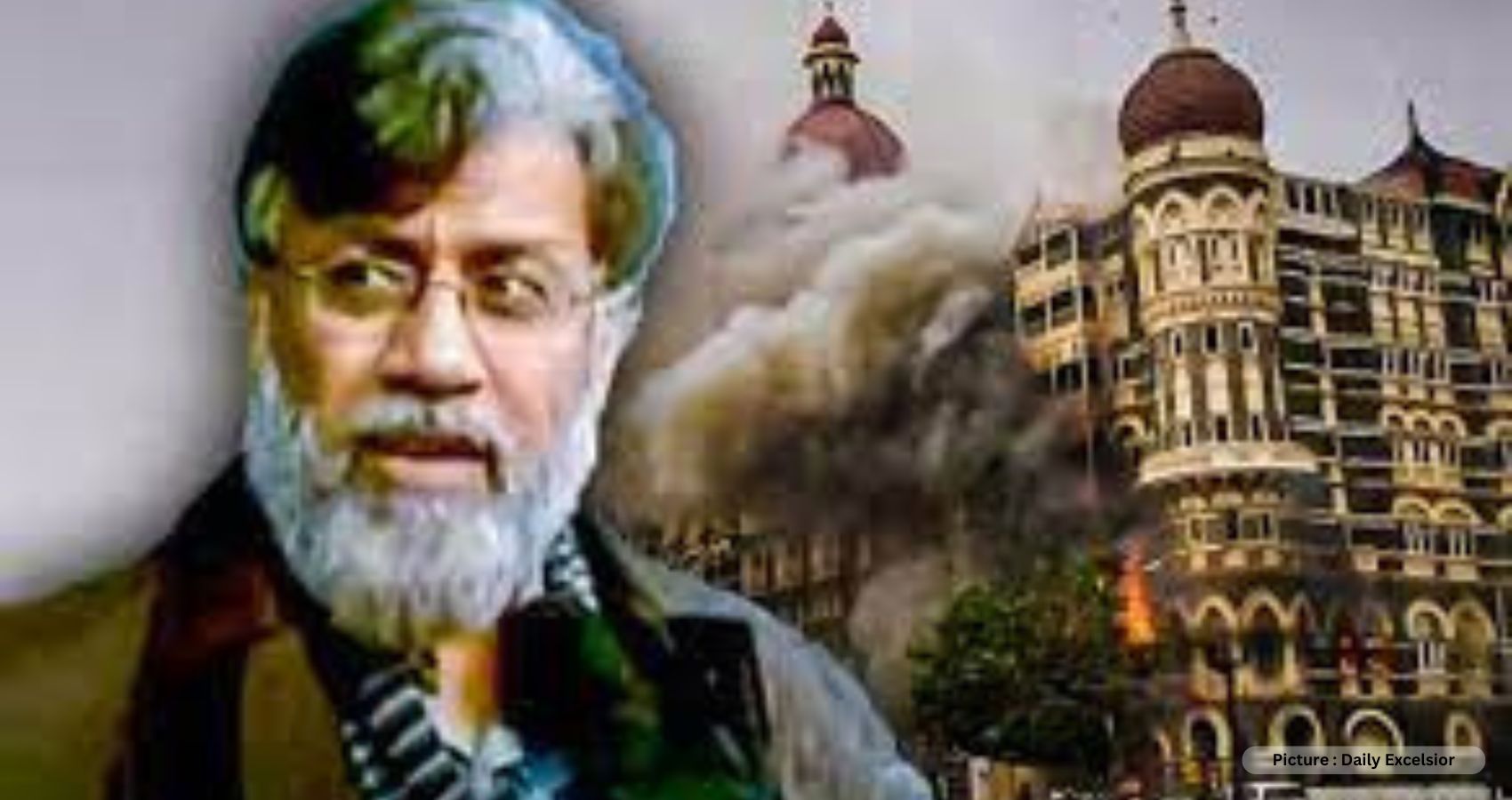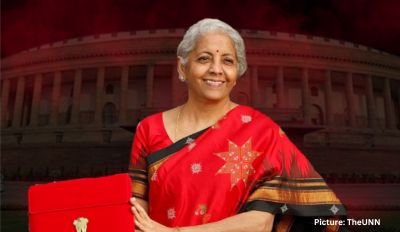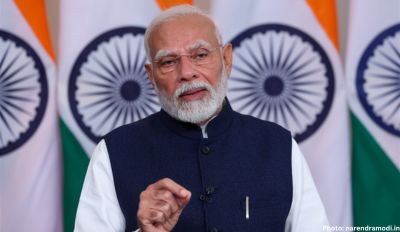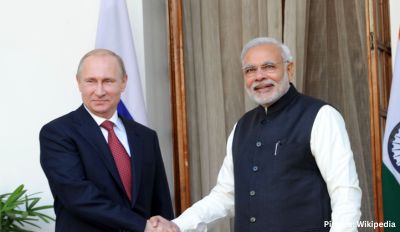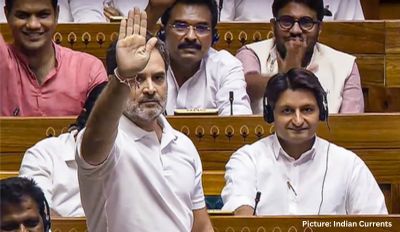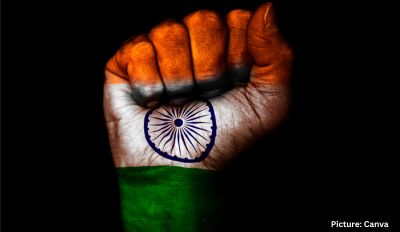Indian officials have secured the extradition of a Pakistani-Canadian businessman, Tahawwur Rana, to face charges in connection with the 2008 Mumbai terrorist attacks. The US court approved India’s request to extradite Mr. Rana, who is a US resident. The National Investigation Agency of India is investigating his alleged role in the attacks. Rana was arrested on an extradition request by India, which accuses him of knowing that his friend, David Coleman Headley, was involved with Lashkar-e-Taiba, an extremist group. The US government has claimed that Rana supported the terrorist group by providing Headley with cover for his activities. Six Americans were among the 166 people who were killed during the 60-hour siege in Mumbai. Federal prosecutors have concluded that Rana has committed the crime of commission of a terrorist act, and he faces charges that include conspiracy to commit murder and terrorism offenses.
Judge Jacqueline Chooljian, US Magistrate Judge of the US District Court Central District of California, reviewed Rana’s case in a 48-page court order. The extradition treaty between India and the United States is responsible for the extradition decision. The judge said that India has issued an arrest warrant and charged Rana with a range of offenses that fall within the jurisdiction of the treaty. The court has given the US Secretary of State jurisdiction over the extradition of Rana to India.
“Based on such a review and consideration, and for the reasons discussed herein, the Court makes the findings set forth below, and CERTIFIES to the Secretary of State of the United States the extraditability of Rana on the charged offenses that are the subject of the Request,” Judge Chooljian said.
The US government has argued that Rana knew about Headley’s meetings, the discussions, and the attack targets. They have further argued that Rana was part of the conspiracy, and there is probable cause that he committed the substantive crime of commission of a terrorist act. Rana’s attorney opposed the extradition, but the court ruled that there is sufficient competent evidence to establish probable cause that Rana is the individual who has been charged in India, and whose extradition has been sought by India.
“The foregoing charged offenses constitute extraditable offenses within the meaning and scope of the Treaty and over which India has jurisdiction,” Judge Chooljian concluded.
The US government approved Mr. Rana’s extradition to India in March, adding that he would be allowed to serve a 14-year sentence that he is currently serving in the US before being sent to India. A few days ago, Judge Chooljian ordered Rana to remain in US custody until the US Secretary of State approved his extradition to India.
Rana’s extradition is significant because it marks the first time that someone has been extradited from the US to India for trial. The US government has shown its commitment to the global fight against terrorism by approving Rana’s extradition despite his residency in the US.
India has long pressed Pakistan to extradite seven men accused of planning and executing the attacks, including Lashkar-e-Taiba’s founder, Hafiz Saeed. However, Pakistan has been reluctant to cooperate with Indian authorities, citing insufficient evidence.
The trial against Rana in India is likely to draw significant media attention, and prosecutors will have to ensure that they have a strong case against him to ensure his conviction. “Rana’s extradition would send a signal to terrorist organizations that they cannot operate with impunity and that the world community is united in combating terrorism,” said US Attorney General Merrick Garland earlier this year.

